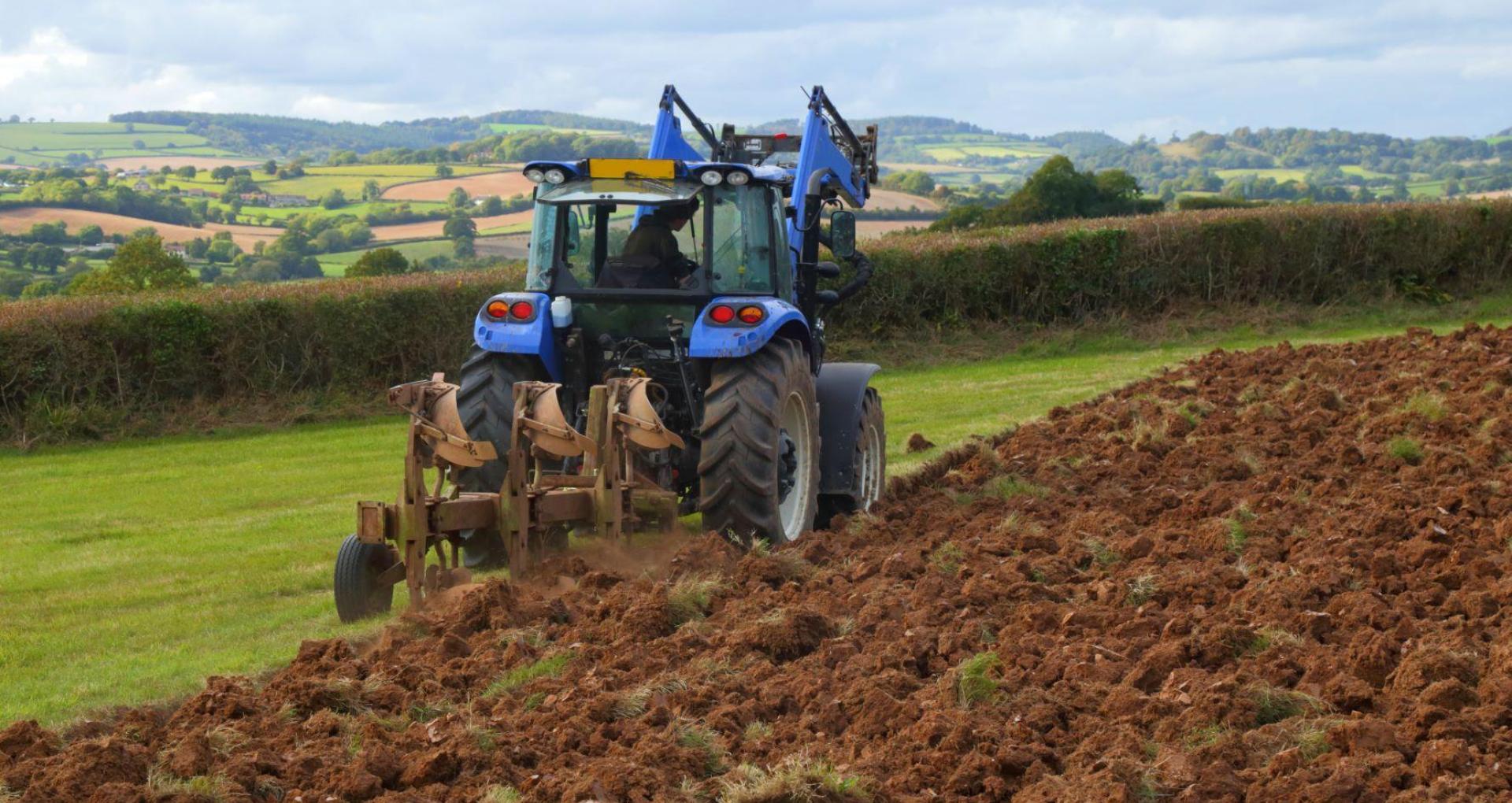Following the government's Autumn Budget announcements, changes to Inheritance Tax (IHT) rules will come into force in April 2027, so planning for the future has never been more important.
IHT is generally charged at 40% on estates above the tax-free threshold before any reliefs are applied (currently £325,000 plus £175,000 for a family home passed to direct descendants). For farmers, the challenge is that while farmland, buildings, and machinery are valuable, cash reserves often aren’t enough to cover a hefty tax bill. This can leave families facing difficult decisions, like selling part of the farm to pay taxes.
Why the Changes Matter for Farmers
For years, Agricultural Property Relief (APR) and Business Relief (BR) have helped farming families pass down their land with 100% relief from IHT if certain conditions were met. However, changes announced will mean :
100% Relief Limited:
Full relief will apply to only the first £1 million of qualifying agricultural or business assets
Reduced relief beyond £1 million:
For assets over this £1 million threshold not passed to a surviving spouse or civil partner, relief drops to 50%, meaning a 20% tax rate (50% of the 40% IHT rate) on the excess.
Assets automatically receiving 50% relief (quoted but unlisted shares – such as AIM shares) will not use up the £1 million allowance and any unused allowance will not be transferable between spouses and civil partners (as is currently the case with personal estates and residential property). The allowance covers the following transfers:
- Property in the estate at death
- Lifetime transfers to individuals in the 7 years before death
- Chargeable lifetime transfers where this is an immediate lifetime charge, so for example when property is transferred into trust
Pensions will be included in IHT from April 2027:
Pensions will be taxed as part of your estate, which could push more farming families into the IHT bracket.
These changes are significant for farms with estates where most of the value is tied up in land and machinery, not cash.
There are more details to emerge on the way the limitation of APR will operate including how the changes will be applied to trusts holding agricultural property and we can expect these early in 2025.
Protecting Your Farm and Legacy
Careful planning to protect your legacy is more important than ever. Below are some key strategies to help you navigate these changes:
1. Maximise Agricultural and Business Relief (APR & BR)
Although APR and BR are now more limited, they remain vital tools for minimising IHT:
- Know What Qualifies: Ensure land and assets are actively used for agriculture or business.
- Keep Accurate Records: Document how assets are used to meet APR/BR criteria. Clear records can make all the difference if HMRC review your estate.
- Update Regularly: Farms evolve—review your plan regularly to ensure your relief claims are accurate.
2. Fully Utilise Nil-Rate Bands
Every estate benefits from tax-free allowances that can significantly reduce IHT:
- Nil-Rate Band (£325,000): Strategic use of this allowance across your estate can lower IHT.
- Residence Nil-Rate Band (£175,000): Passing your home to direct descendants allows an additional allowance, potentially enabling couples to pass on up to £1 million tax-free.
3. Transfer Assets Early (With Care)
Gifting assets during your lifetime can reduce your estate’s value, but careful planning is needed:
- Gifting: Gifts given more than 7 years before death are exempt from IHT. Smaller gifts, such as up to £3,000 annually, are immediately tax-free.
- Family Dynamics: Transferring assets can raise concerns e.g. divorce. Family trusts can add a layer of protection whilst still reducing tax liabilities.
4. Use Life Insurance to Cover IHT Bills
Life insurance can ensure your family has funds to pay IHT without selling farm assets
5. Regularly Review and Update Your Estate Plan
Farms and families change over time, and your estate plan should reflect these changes. Seek professional advice to ensure you are making the most of available reliefs, whilst also maintaining a detailed record of asset use, succession plans, and gifting history.
Next Steps
Don’t leave your farm’s future to chance, contact Chris Auld at Sage Wealth Management on 01228 406290 or email him in complete confidence to discuss your situation. Together, we’ll help you navigate the complexities of inheritance tax and succession planning, so you can focus on what matters most: the future of your family and the farm you’ve worked so hard to build.
Note: The levels and bases of taxation, and reliefs from taxation, can change at any time. The value of any tax relief is generally dependent on individual circumstances. Trusts are not regulated by the Financial Conduct Authority.
Sage Wealth Management Ltd is an Appointed Representative of and represents only St. James's Place Wealth Management plc.
H&H Insurance Brokers introduces to St. James’s Place Wealth Management plc which is authorised and regulated by the Financial Conduct Authority, for the purpose of advising solely on the Group’s wealth management products and services, more details of which are set out on the Group’s website www.sjp.co.uk/products.
